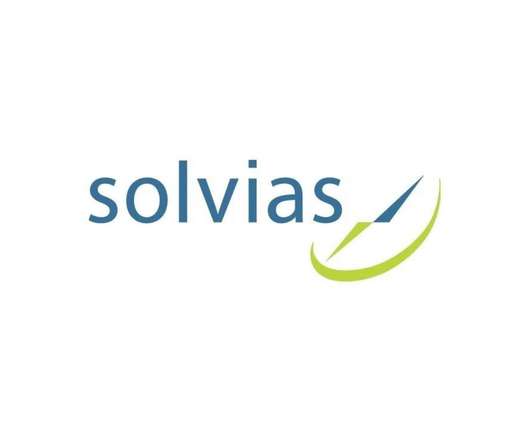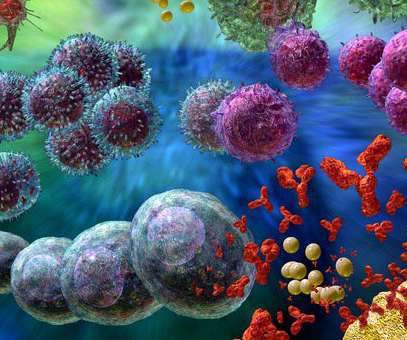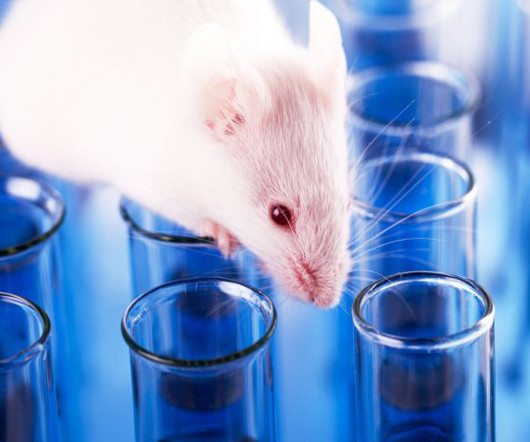Artificial Smoke Flavoring in Food: EU Ban and Industry Impact
XTalks
JUNE 21, 2024
The ban targets artificial smoke flavorings linked to genotoxicity concerns. Genotoxicity involves damage to genetic material within cells, increasing cancer and inherited disease risks. The EFSA concluded that the majority of assessed smoke flavorings posed genotoxicity risks. Other companies, like I.T.S



















Let's personalize your content